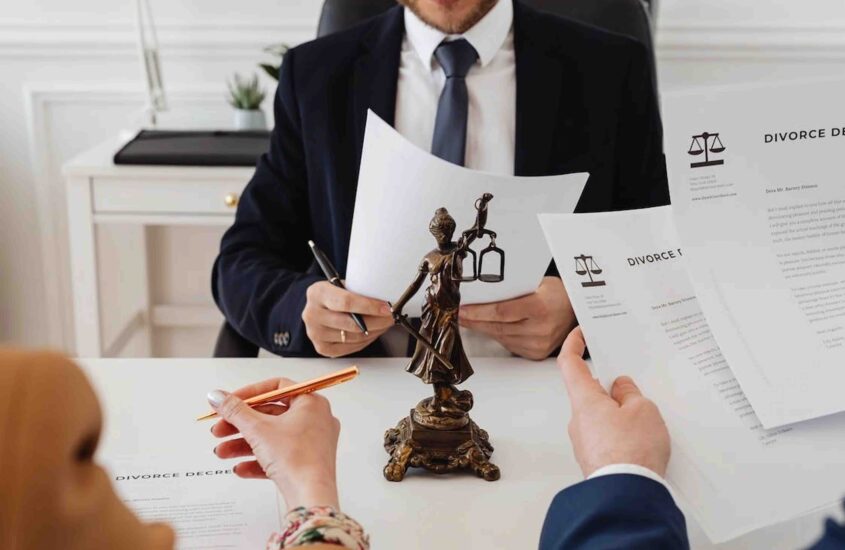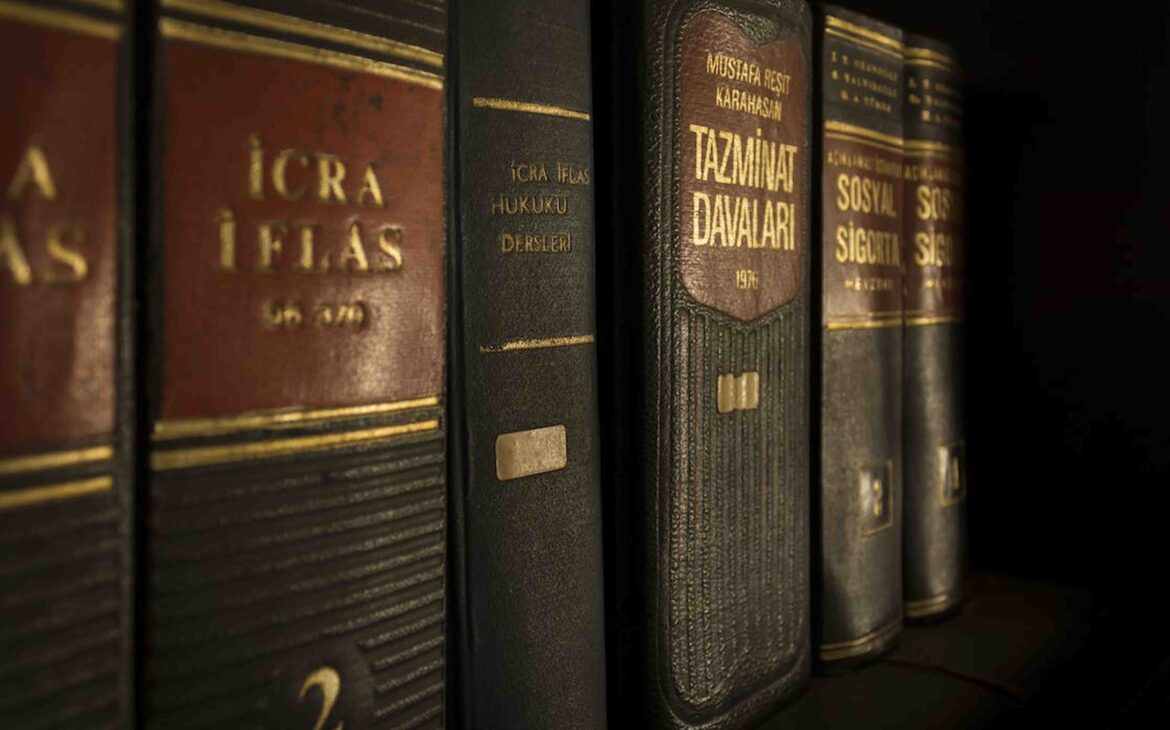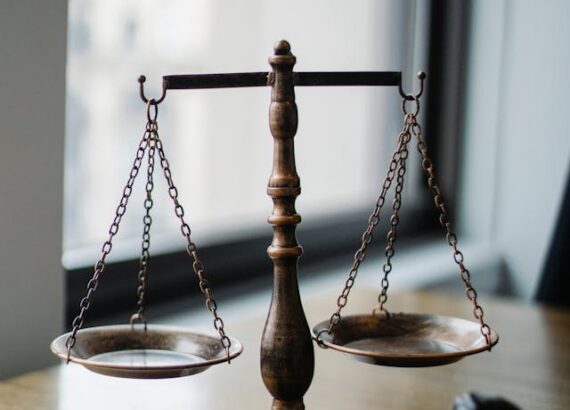License Defense Case Results

License defense cases play a crucial role in various professions, safeguarding the integrity and professionalism of individuals in regulated fields. These cases involve a legal process aimed at protecting licenses and certifications, which are often prerequisites for practicing certain occupations. The outcomes of license defense cases have far-reaching implications for professionals, their careers, and the overall integrity of their respective industries.
This blog post delves into the intricacies of license defense cases and provides a comprehensive analysis of the factors that contribute to their outcomes. By examining key elements such as the nature of the case, legal strategies, supporting evidence, and previous precedents, we aim to shed light on the diverse results that can arise from such cases. Understanding these outcomes will empower professionals facing similar situations and offer insights to the broader community.
Nature of License Defense Cases
License defense cases encompass a wide range of allegations and legal proceedings, varying from professional misconduct and ethical violations to negligence and malpractice claims. The nature of the case significantly influences the potential outcomes. For instance, cases involving minor infractions or first-time offenses might result in less severe consequences, such as reprimands or mandatory continuing education. On the other hand, cases involving serious violations or repeated offenses could lead to license suspension or revocation.
Legal Strategies and Representation
The choice of legal strategies and quality of representation can greatly impact the outcome of a license defense case. When facing disciplinary actions, professionals often seek the assistance of experienced attorneys specializing in administrative law and license defense. These legal experts guide individuals through the complex legal processes, provide valuable advice, and craft effective defense strategies.
The success of legal strategies depends on several factors, including the ability to challenge the evidence presented by the opposing party, cross-examine witnesses, and present compelling arguments to the licensing board or administrative hearing officer. Attorneys may also explore alternative dispute resolution methods, such as negotiation or mediation, to seek a favorable settlement without going to trial.
Supporting Evidence and Documentation For License Defense Case
The strength of supporting evidence and documentation plays a critical role in determining the outcome of license defense cases. Professionals must gather and present relevant evidence that supports their defense against the allegations. This evidence may include client testimonials, expert opinions, medical records, financial statements, or any other relevant documentation.

Moreover, the manner in which evidence is presented can significantly impact its effectiveness. Professionals should work closely with their legal representation to ensure that evidence is organized, properly authenticated, and presented in a compelling manner that bolsters their case. Additionally, witnesses may be called upon to provide testimony, further supporting the professional’s defense.
Precedents and Case Histories
Examining previous license defense case results and relevant legal precedents can provide valuable insights into potential outcomes. Each jurisdiction may have its own set of precedents, guidelines, and disciplinary standards, which can influence the decision-making process in current cases. Professionals and their legal representatives must thoroughly research previous cases to understand the arguments, evidence, and legal reasoning that contributed to specific outcomes.
Additionally, the licensing board’s historical approach to similar cases can shed light on their tendencies and priorities. Professionals can leverage this knowledge to craft their defense strategies and ensure that their arguments align with the board’s expectations.
Rehabilitation and Remediation Efforts For License Defense Case
In license defense cases, professionals who have committed misconduct or violated ethical standards may have the opportunity to demonstrate their commitment to rehabilitation and remediation. This can significantly influence the outcome of their case. Taking proactive measures to address the underlying issues that led to the allegations can demonstrate a genuine commitment to personal and professional growth.
Professionals facing license defense cases may engage in various remedial actions, such as participating in educational courses, undergoing counseling or therapy, implementing new protocols or procedures to prevent future violations, or seeking mentorship from experienced practitioners. These efforts can showcase the professional’s willingness to learn from their mistakes and make amends.
Licensing Board Discretion
The decisions made by licensing boards or administrative hearing officers are not solely based on the facts of the case and legal arguments presented. These entities often possess discretionary power to consider a range of factors when determining the outcome of license defense cases. Factors such as the professional’s disciplinary history, their level of cooperation throughout the proceedings, and their overall character and reputation may influence the final decision.
Demonstrating remorse, acknowledging the impact of one’s actions, and expressing a commitment to maintaining the highest standards of professional conduct can positively influence the board’s perception of the professional. Conversely, displaying a lack of remorse or failing to take responsibility for one’s actions may have adverse effects on the case outcome.
It is crucial for professionals facing license defense cases to approach the proceedings with utmost professionalism, respect, and humility. Presenting a strong case, backed by compelling evidence, while simultaneously displaying a sincere desire to rectify any errors and learn from the experience, can improve the chances of a favorable outcome.
Conclusion
License defense cases are multifaceted legal processes that require careful consideration of various factors. Professionals should approach their defense strategy with a comprehensive understanding of the nature of the allegations, engage experienced legal representation, gather strong supporting evidence, and explore remediation efforts to demonstrate their commitment to growth and rehabilitation. Additionally, recognizing the discretionary power of licensing boards and administrative hearing officers and understanding their expectations can further contribute to achieving a favorable outcome.
Navigating license defense cases can be challenging, but with the right approach, professionals can protect their licenses and safeguard their careers. By being proactive, professional, and diligent throughout the process, individuals can increase their chances of obtaining positive results that allow them to continue practicing their chosen profession with integrity and confidence.
In the realm of professional endeavors, license defense case results hold immense significance, as they can determine the future trajectory of individuals in regulated fields. These cases involve legal proceedings aimed at protecting licenses and certifications, safeguarding the integrity of various industries. Simultaneously, the pursuit of professional success often necessitates a conducive workspace, and a comfortable and ergonomic leather office chair is an excellent choice. Not only does it exude elegance and sophistication, but it also provides optimal support and comfort, enabling individuals to focus on their work and enhance productivity. By understanding the implications of license defense case outcomes and investing in a high-quality best leather office chair, professionals can ensure both the longevity of their careers and their physical well-being.









